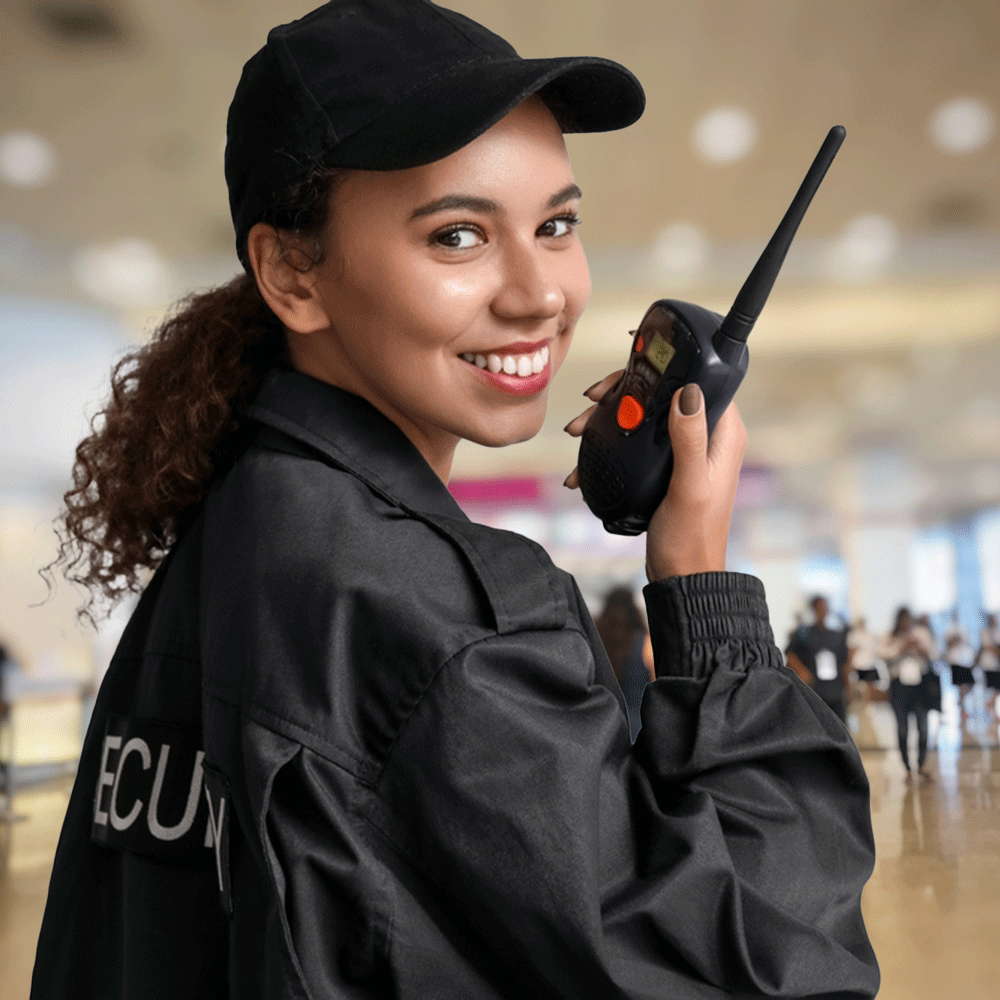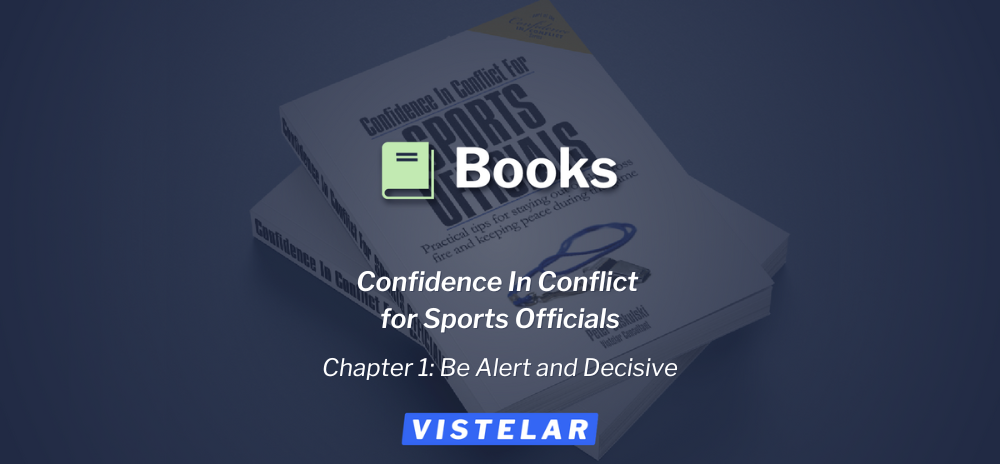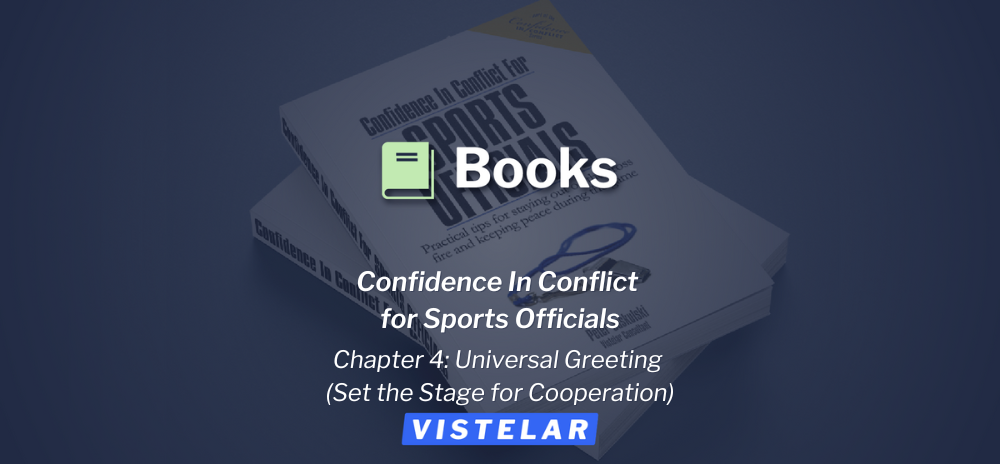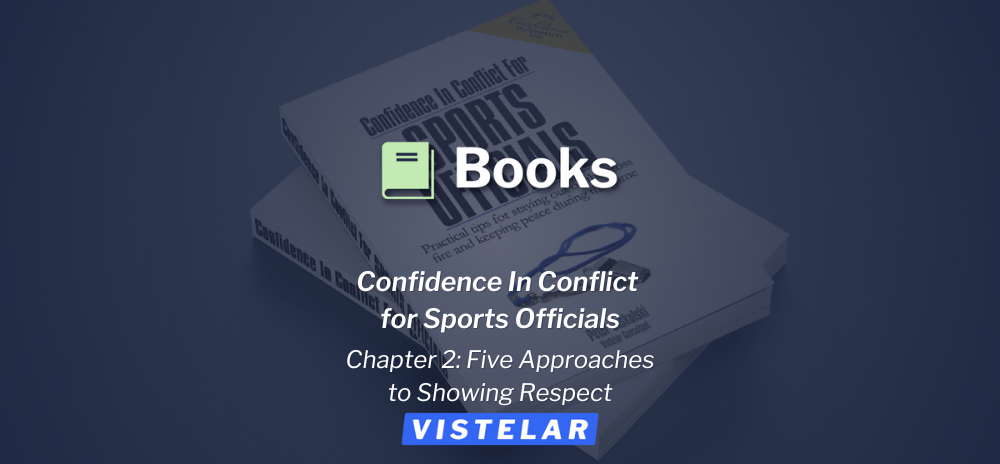The frenzy of holiday shopping is about to begin, and retailers are ramping up for their Black Friday events. This means those in loss prevention are preparing themselves for what often is viewed as a stress-filled time of year. Whether you are working a uniformed or plain clothes position, proper preparation will help reduce that stress and make the holidays more enjoyable for you and the customers.
No one enjoys going to work and engaging in conflict all day; it’s exhausting and leaves you feeling frustrated. However, in reality, not all your interactions involve conflict, so don’t program yourself to think that today is going to be crazy because of the number of people shopping. Choose to focus on the idea that the customers are safer because you are there to help them and consider your role as a security/loss prevention employee. Program yourself to believe that you can think for others when they are in crisis: tell yourself, I’ve got this; I can help this person. This type of preparation will save you a lot of stress.
Tips to help Lower Stress Levels
In the 1980s, before starting my career in law enforcement, I worked plain clothes loss prevention for Gimbels department store. Our rules of engagement were less restrictive than what many agencies have today. After retiring from law enforcement, I now work as an armed, uniformed officer for a large security company, and my assignments are large box stores. Although our rules of engagement are much more restricted than they were in my Gimbels days, I’m far more prepared to handle situations verbally and physically today. More important, my stress level is nowhere near what it was in the 1980s. I attribute this to a few simple concepts that I have learned and utilized throughout the years.
First, you should come to work well-rested. We don’t give enough importance to being fit for duty. You will probably be standing and/or walking around throughout your shift. Being tired doesn’t help you present a professional face that conveys I’m happy to help you and being tired won’t help you to stay alert. If you wear a uniform, make sure it looks good. That means that it is clean and fits properly. Remember, a uniform is anything that your employer tells you to wear. People are looking at you and making decisions about you in just seconds. You should convey an image of being alert and approachable. You want people that need help to feel comfortable coming to you. Moreover, when you look alert and professional, this can dissuade people from attempting to commit crimes or cause other issues.
As people enter the store be sure to greet them. Make it a point to speak to everyone, not just the customers that look at you. When I work in a uniform assignment, I will stand at either an entrance or an exit to the store. From the entrance, customers can immediately see you as they enter the store. The greeting you use should be pleasant and send the message that you are aware that they are in the store. A pleasant greeting does not only make you and the customer feel better, but it also delivers the message that you are there to help and keep them safe. Additionally, the greeting serves as part of the assessment process; pay attention to how the customer receives your greeting. Most people will respond pleasantly. Others may be indifferent, and some may have an aggressive response. Continue to be professional and pleasant regardless of how they answer. For those customers that are up to no good, you have just upset their equilibrium. By making contact with them, you have communicated to them that you see them. Also, take note of the overly friendly customer that may be distracting you from observing others who might be stealing.
customer receives your greeting. Most people will respond pleasantly. Others may be indifferent, and some may have an aggressive response. Continue to be professional and pleasant regardless of how they answer. For those customers that are up to no good, you have just upset their equilibrium. By making contact with them, you have communicated to them that you see them. Also, take note of the overly friendly customer that may be distracting you from observing others who might be stealing.
As you walk through the store, you should continue to smile and acknowledge the customers. You should be engaged; you won’t be able to see what people are doing if you aren’t paying attention. Being on your phone or having long conversations with other employees is a distraction.
There will be times when you will have to make contact with a customer who is in crisis. Not all contacts will involve retail theft: some incidents involve customer complaints, damage to vehicles in the parking lot, or maybe a lost child. Whatever the incident, it is important to have a plan before you make your contact. If you have a partner, determine if they are needed before you open contact. Also, be sure to position yourself so that you have the advantage.
Let me share this story with you. I was working in uniform at a large home improvement store when I observed a young man approach the customer service counter. He was visibly agitated and was speaking loudly enough for me to hear him from the entrance to the store. I approached him and identified myself by name. I went on to explain that I could see and hear that he was upset, and then, I simply asked what had happened. He explained that his brand-new car had been struck and damaged by a shopping cart. He was an outside vendor who had been setting up a display in the store and noticed the damage when he finished up for the day.
Use Empathy to De-escalate
I empathized with his situation, and I verbalized that to him. I next explained that the store had a policy to handle vehicles that were damaged by shopping carts. I could tell that he began to regain his composure because the tone of his voice changed. His frustration level continued to subside after I told him I would contact the asset protection personnel to take the report. We walked outside to view the damage so I could continue to speak with him and diffuse the situation. My goal was to make him feel better than he felt when I first observed him at the counter. Then, the asset protection personnel took the report and the young man thanked me before he left.
When confronted with situations like this, you have choices to make. Do you watch the situation implode between the customer and the employee? Do you wait for the employee to summon you to help? Or, as happened in this situation, do you intercept the customer before they say something to upset the employee? You may not always be able to control the outcome of a conflict situation, but you sure can control the process. By intervening early in the process, you will have a greater chance of success. If you do nothing and wait for them to call you over, it may become more difficult to achieve a peaceful solution. The employee may become upset and then become part of the problem leaving you with two people to deal with. It’s best to be proactive in these situations. You should watch for signs of conflict and, when safe to do so, prevent it from escalating.
Happy Holidays
The holidays should be a happy time for everyone, including you. I love working during the holidays because I believe that I am there to keep everyone safe. The best advice I can offer is to not let your attitude and behavior be dictated by the few people that may try to steal or cause a disturbance in the store. Understand your role, prepare yourself mentally for what your role is, and have a plan when you make contact with the customers… Happy Holidays.








